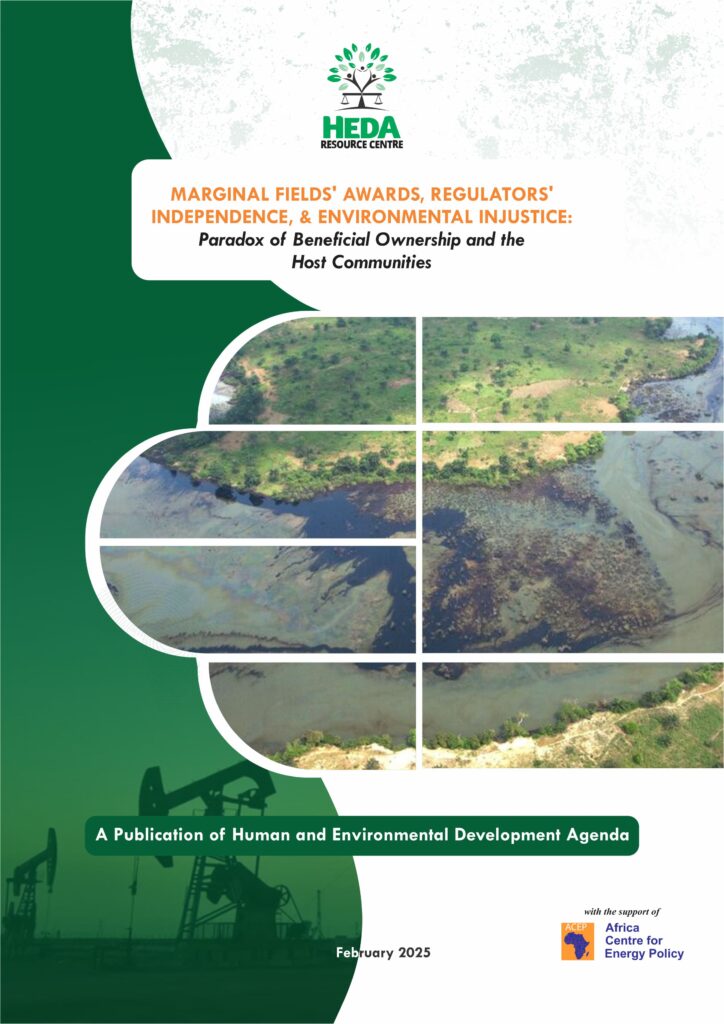In a bid to tackle high-profile corruption cases in Nigeria and recover stolen funds and properties abroad, the International Anti-Corruption Court (IACC) has been hailed as a game-changer by various stakeholders, including the Attorney General of the Federation (AGF) and the Human and Environmental Development Agenda (HEDA).
These stakeholders spoke at the 33rd Anti-Corruption Situation Room (ACSR), organized by HEDA in collaboration with the Integrity Initiative International (III), held in Abuja, on Tuesday.
Delivering his address, the Attorney-General of the Federation, AGF, and Minister of Justice, Lateef Fagbemi, asserted that Nigeria has been grappling with the debilitating effects of corruption for decades, stressing that it was a challenge that had permeated various facets of the Nigerian society
The AGF who was represented by the Deputy Director Public Prosecutions of the Federation, Yusuf Abdullahi Abdulkadir, said the establishment of this court is expected to be a significant step towards curbing the pervasive corruption that has plagued the country for years.
He said: “In recent years, the fight against corruption has taken center stage in international discourse. Corruption, in all its forms, poses a grave threat to the stability, progress, and development of nations around the world. It undermines trust in governments, weakens institutions, hampers economic growth, and perpetuates social injustice. It is a cancer that knows no boundaries, affecting both developed and developing countries alike.
“To effectively combat corruption on a global scale, we have witnessed the emergence and evolution of various international anti-corruption mechanisms and frameworks. These mechanisms serve as crucial tools in our collective effort to eradicate corruption, and they include conventions such as the United Nations Convention against Corruption (UNCAC) and regional initiatives like the African Union Convention on Preventing and Combating Corruption.
“While these mechanisms have undeniably made significant strides in the battle against corruption, the growing advocacy for the establishment of an International Anti-Corruption Court (IACC) demands our serious consideration. The idea of an IACC represents a paradigm shift in our approach to combating corruption at the international level.
“An IACC would provide a specialized forum for addressing high-level corruption cases that often cross national borders and involve powerful individuals and entities. It would aim to ensure that those responsible for corrupt acts, regardless of their position or nationality, are held accountable for their actions. This would send a powerful message that corruption will not be tolerated anywhere in the world.”
On his part, HEDA Chairman, Mr. Olanrenwaju Suraju, said Nigeria has long been grappling with endemic corruption, crippling the nation’s development and causing severe economic hardship for its citizens.
He expressed his support for the initiative, stating that an external institution would provide an unbiased platform for swift and fair trials. He emphasized that the establishment of an IACC would send a strong message that Nigeria is committed to combating corruption at all levels.
“The International anti-corruption court and other initiatives will assess to prevent the prevailing high-level corruption that is resulting in not just to countries but even individual pockets, billions of dollars that could have been used to provide basic amenities, supports and services to people and also prevent the prevailing cases of insecurity across the world”, he said.



